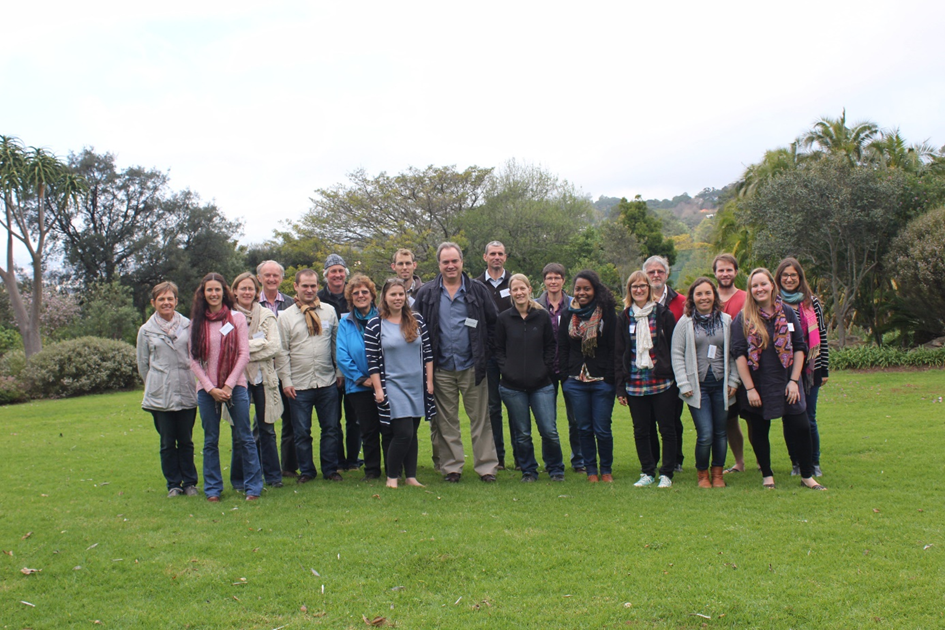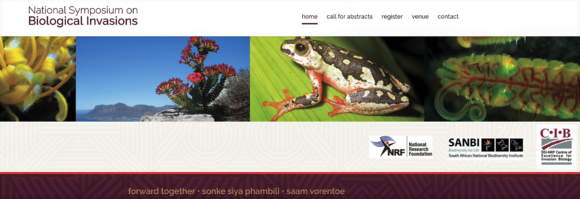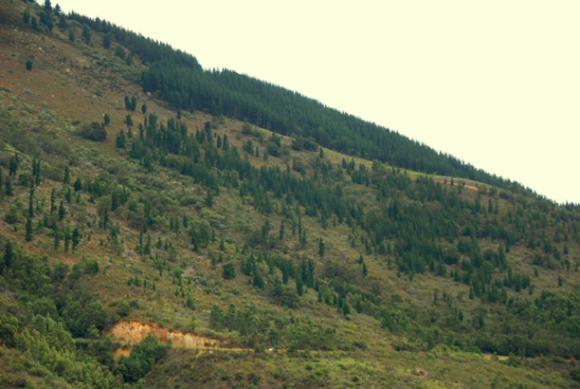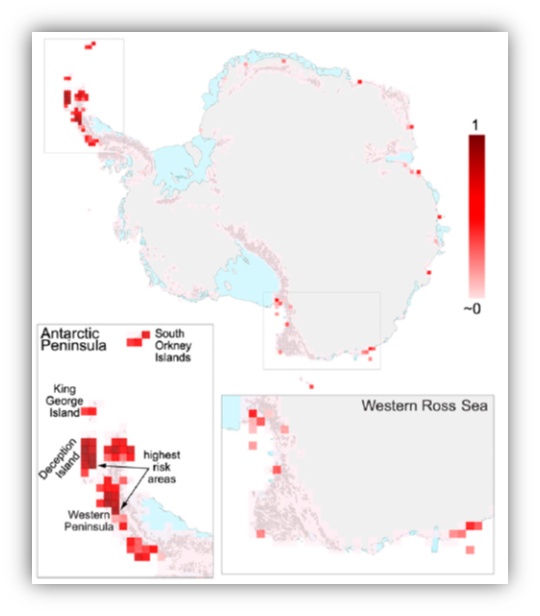1 November 2017 | By Ana Novoa
As conflict of interests around alien species can prevent the success of management actions, an international team of researchers and managers, including C·I·B researchers, have recently developed a 12-step framework for engaging stakeholders on the management of alien species.
This framework was recently published in the Journal of Environmental Management.
While invasive species can have major ecological and socioeconomic impacts in their novel ranges, they can also provide important benefits. For example, some invasive species are widely used in agriculture, aquaculture, forestry, ornamental horticulture, the pet trade or recreation. This often raises substantial conflicts between interest groups, resulting in the failure to develop and implement sustainable management strategies for invasive species. For example, in Table Mountain National Park (Cape Town, South Africa), the invasive tree Eucalyptus diversicolor is having negative impacts on water resources. However, hikers, cyclists and tree enthusiasts enjoy the benefits of the tree. Due to this conflict of interests, all management plans to remove the species in the National Park were halted.
Due to the impact of such conflicts on the management of alien species, there is an increasing interest in engaging stakeholders on the development of management decisions (from the decision makers that allocate funding for management, to the industries that might lose commercial opportunities, or the positively or negatively affected local people). However, “in most cases, there is still very limited collaboration between scientific researchers, the commercial sector, invasive species managers, policy makers and the public” says Ana Novoa, scientist at the Academy of Sciences of the Czech Republic and lead author of the study.
Aiming to develop a useful tool to engage stakeholders on the management of alien species, researchers from SANBI and the C·I·B organized a facilitated workshop and consultation process in Cape Town, South Africa. Participants included international academics and managers working on a variety of organisms in different areas (urban and rural) and ecosystems (terrestrial and aquatic). During the workshop, participants developed a framework for stakeholder engagement, consisting of the steps that can be followed and the techniques that can be applied to engage stakeholders on the management of alien species.
 The main aim of the framework is to ensure that stakeholders are appropriately considered in the decision making process. Novoa explains: “Applying this framework would align management practices with stakeholders’ needs and expectations. This will help managers and policy makers to develop and implement conflict-reduced management strategies with the buy-in of stakeholders”.
The main aim of the framework is to ensure that stakeholders are appropriately considered in the decision making process. Novoa explains: “Applying this framework would align management practices with stakeholders’ needs and expectations. This will help managers and policy makers to develop and implement conflict-reduced management strategies with the buy-in of stakeholders”.
The framework can be used by any entity tasked with the development of management actions. “We envisage that it will be of great help for practitioners to develop successful alien species management actions” says Dave Richardson, Director of the Centre for Invasion Biology, and co-author of the paper.
Read the paper
For more information, contact Ana Novoa at novoa.perez.ana@gmail.com



